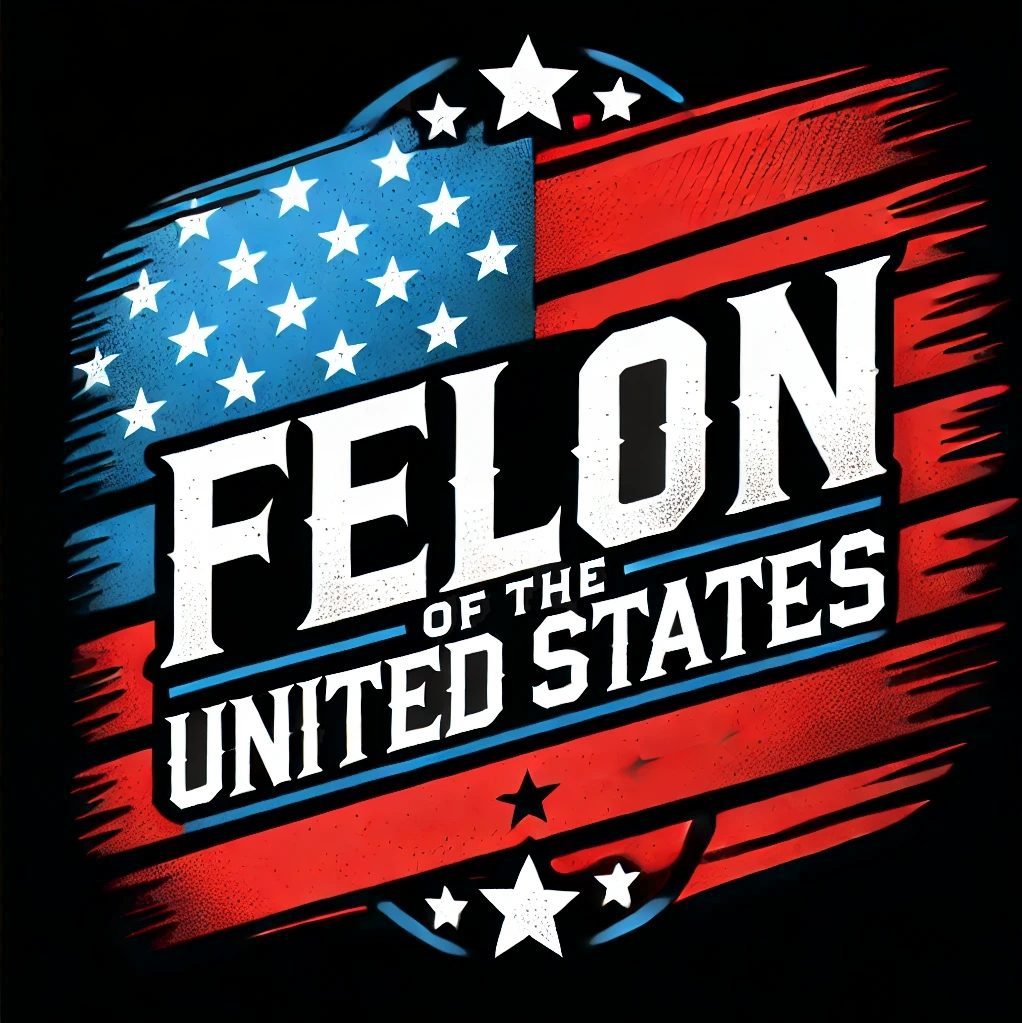Brooke Rollins

Brooke Rollins: Controversies and Biography (2025)
Brooke Rollins, confirmed on February 13, 2025, as the 33rd U.S. Secretary of Agriculture under Donald Trump, has attracted scrutiny for her strong corporate affiliations, rollback of equity initiatives, and loyalty to hardline conservative agendas. A former think tank executive and Trump policy advisor, Rollins has come under fire from both progressives and populists for prioritizing Big Ag, restricting food assistance, and gutting USDA programs aimed at inclusion and sustainability.
Major Controversies and Criticisms
Pro-Corporate Bias and Big Ag Favoritism
Rollins’ tenure at the Texas Public Policy Foundation (TPPF) and her early actions as Agriculture Secretary have reinforced accusations that she prioritizes large agribusinesses over small farmers. On February 14, 2025, Rollins announced $132 million in USDA budget cuts—sparing corporate subsidies while eliminating funding for sustainable agriculture grants and small-farm transition programs. Environmental groups and the Union of Concerned Scientists condemned the move as “a giveaway to industrial agriculture” (UCS, Jan. 2025).
Hostility Toward DEI and Equity Programs
One of Rollins’ first acts as Secretary was to dismantle USDA diversity, equity, and inclusion programs. On February 14, she repealed longstanding civil rights initiatives aimed at addressing historic discrimination against Black and Indigenous farmers (Web ID: 2). Critics, including the National Black Farmers Association, have decried the move as “institutional erasure” of decades of inequity, while Rollins defended it as eliminating “ideological bloat.”
Right-Wing Populist Backlash
Despite her loyalty to Trump, Rollins has faced suspicion from some MAGA-aligned populists. Her past support for free trade and soft language on ethanol subsidies at her confirmation hearing (Jan. 23, 2025) sparked criticism from pro-tariff hardliners and America First purists. Influencers on X labeled her “corporate GOP in populist clothing,” accusing her of betraying Trump’s anti-globalist platform.
SNAP Restrictions and Anti-Immigrant Measures
On February 25, 2025, Rollins ordered USDA Nutrition to bar undocumented immigrants and certain legal residents from accessing SNAP benefits, following a Trump executive order. While right-wing figures cheered the move as a win for “taxpayer integrity,” hunger relief organizations warned it would worsen food insecurity in immigrant-heavy rural communities. Senator Cory Booker called the rule “cruel and unnecessary,” while the Center on Budget and Policy Priorities warned of a looming hunger crisis (Web ID: 10).
Ties to Fossil Fuels and Conflicts of Interest
Rollins’ long-standing ties to the oil industry have drawn criticism. At TPPF, she championed deregulatory policies that benefitted fossil fuel donors. Her husband, Mark Rollins, is linked to HKN Energy, a company with international oil holdings. These connections have raised ongoing concerns about conflicts of interest, particularly as the USDA oversees climate-smart agricultural grants and biofuel initiatives.
Brooke Rollins – Biography
Full Name: Brooke Leslie Rollins
Born: April 10, 1972 (age 52) – Glen Rose, Texas
Political Affiliation: Republican
Current Position: Secretary of Agriculture (since February 13, 2025)
Past Roles: AFPI President/CEO (2021–2025); Director of the White House Domestic Policy Council (2020–2021)
Education: Texas A&M University (B.S., Agricultural Development, 1994); University of Texas School of Law (J.D., honors)
Spouse: Mark Rollins
Children: 4
Early Life and Education
Raised on a family farm in Glen Rose, Texas, Rollins graduated from Texas A&M, where she became the university’s first female student body president. She earned her J.D. with honors from the University of Texas, clerking for a federal judge before entering Republican politics as ethics advisor to then-Governor Rick Perry.
Career and Political Involvement
Rollins rose to prominence as the longtime head of the Texas Public Policy Foundation (2003–2018), where she turned a small Austin think tank into a powerful platform for conservative activism. Under her leadership, TPPF promoted policies opposing the Affordable Care Act, environmental regulation, and LGBTQ+ protections—often aligned with major oil donors’ interests.
In 2018, she joined the Trump White House, first in the Office of American Innovation and later leading the Domestic Policy Council. She helped draft the First Step Act (2018), a bipartisan criminal justice reform bill, though critics note she later reversed support for reforms under pressure from Trump loyalists.
From 2021 to 2025, she ran the America First Policy Institute (AFPI), serving as a key architect of Trump’s 2024 campaign agenda. Her surprise USDA nomination in late 2024—over more farm-focused contenders like Kelly Loeffler—sparked concern among agricultural watchdogs.
Secretary of Agriculture
Confirmed by a 72–28 Senate vote, Rollins was sworn in by Justice Clarence Thomas on February 13, 2025. Her confirmation was met with cautious support from Senate Republicans but fierce opposition from rural advocacy groups and minority farmer associations.
Since taking office, Rollins has:
-
Eliminated USDA DEI programs and racial equity grants
-
Imposed stricter eligibility rules on SNAP recipients
-
Slashed USDA staffing by over 1,000 positions (Web ID: 9)
-
Promoted commodity subsidies while ignoring sustainable agriculture
-
Backed tariffs favoring U.S. grain exports despite global retaliation fears
Recent Developments (2025)
On March 5, Rollins announced tariff modifications “to prioritize American farmers,” but trade experts warn of retaliatory risks from key export markets. Her aggressive restructuring of USDA departments has caused internal dissent, with whistleblower reports citing “ideological purges” and retaliatory firings (Post ID: 6).
Meanwhile, her focus on industrial agriculture and rollback of environmental policies has sparked backlash among food safety groups and climate advocates. A March 3 Washington Post op-ed labeled her tenure a “corporate takeover of the USDA,” while supporters like Stephen Miller have praised her efforts to “de-woke the agency.”
